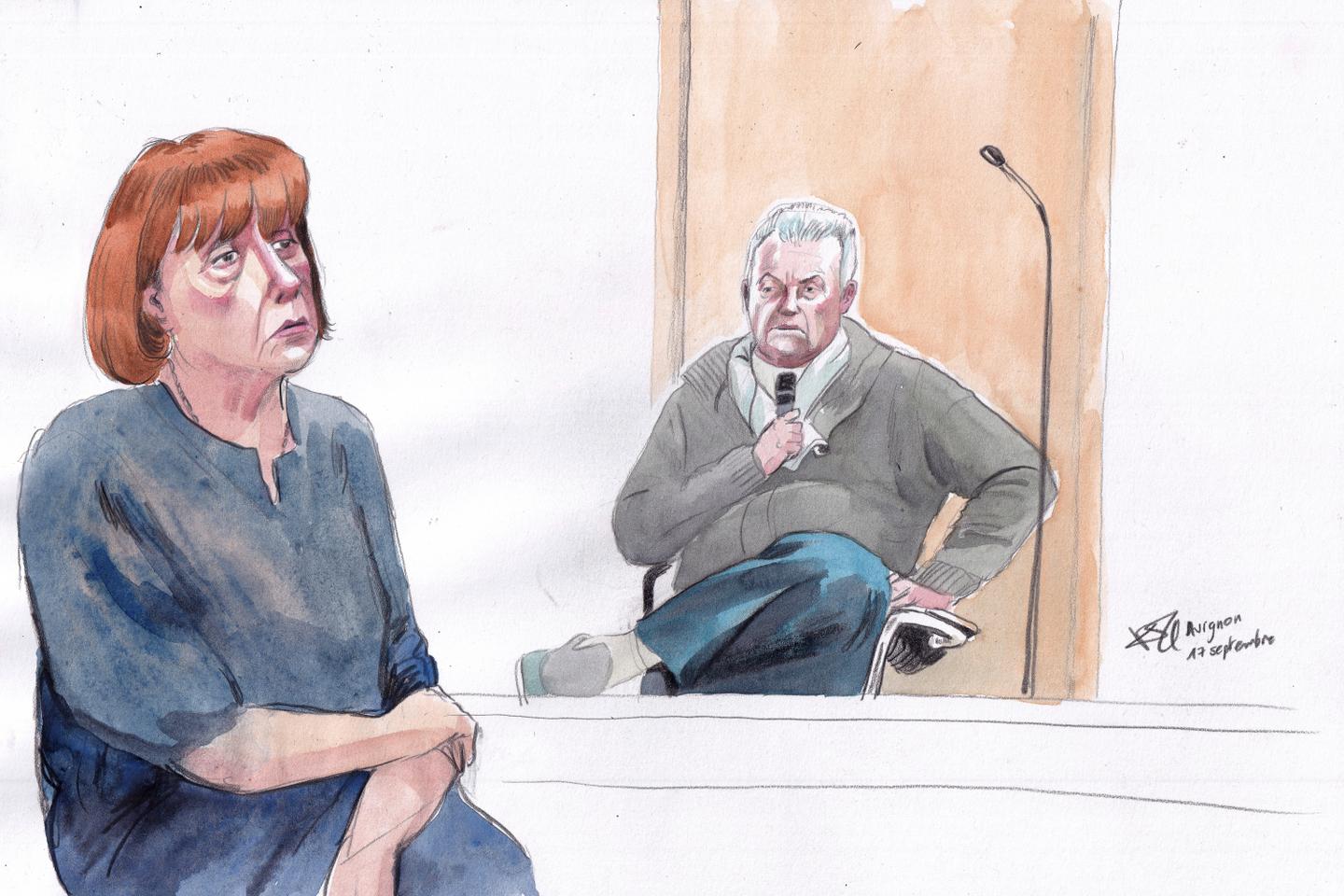


Noémie Renard created the blog Antisexisme.net in 2011 to document, using scientific and social science articles, the persistent inequalities between men and women and to combat sexist clichés. She is the author of En finir avec la culture du viol ("Putting an End to Rape Culture," 2018), a book in which she deconstructs preconceived ideas about rape and sexuality.
The phrase "rape culture" has been massively used since the start of the trial on the rapes that took place in the Mazan home of Dominique and Gisèle Pelicot, in southern France, both in the media and on social media. How does this case reveal the existence of a rape culture in our society?
The Mazan rape trial shows the extent to which sexual violence is integrated in our society. Over 10 years, Gisèle Pelicot was the victim of 80 men, 50 of whom were identified, all recruited by her ex-husband, Dominique Pelicot. He seems to have had no difficulty in finding men willing to have sex with his unconscious wife. And none of the men who refused informed the police.
These simple facts show that rape is not a phenomenon that only exists on the fringes of society, and this has been proven by numerous studies. If rape can be so massive and widespread, it is because our society tolerates these acts and turns a blind eye to many cases of sexual violence.
The notion of "rape culture" helps to conceptualize this issue, emphasizing the systemic nature of sexual violence. This notion, which emerged in the US in the 1970s as part of radical feminism, began to be employed in Europe in the 2000s and has long been confined to feminist circles. The extremely shocking nature of the Pelicot case has made a deep impression, revealing the pervasiveness of rape culture in our society to the broader public.
The term "rape culture" is often misunderstood. What is cultural about rape?
The term "culture" refers to everything that is shared by the members of a society: Beliefs, traditions, laws, representations, ways of relating to others, types of organization. This notion therefore assumes that the massive presence of sexual violence and the impunity of aggressors are by no means "natural," but result from a collective imagination, cultural representations and the presence of power relationships that structure society (men-women, adults-children, organization at work, in the family). Rape culture refers to all the stereotypes and social facts that encourage sexual violence and prevent it from being identified as such once the act has been committed, by passing it off as "normal" sexual relations.
You have 73.03% of this article left to read. The rest is for subscribers only.
